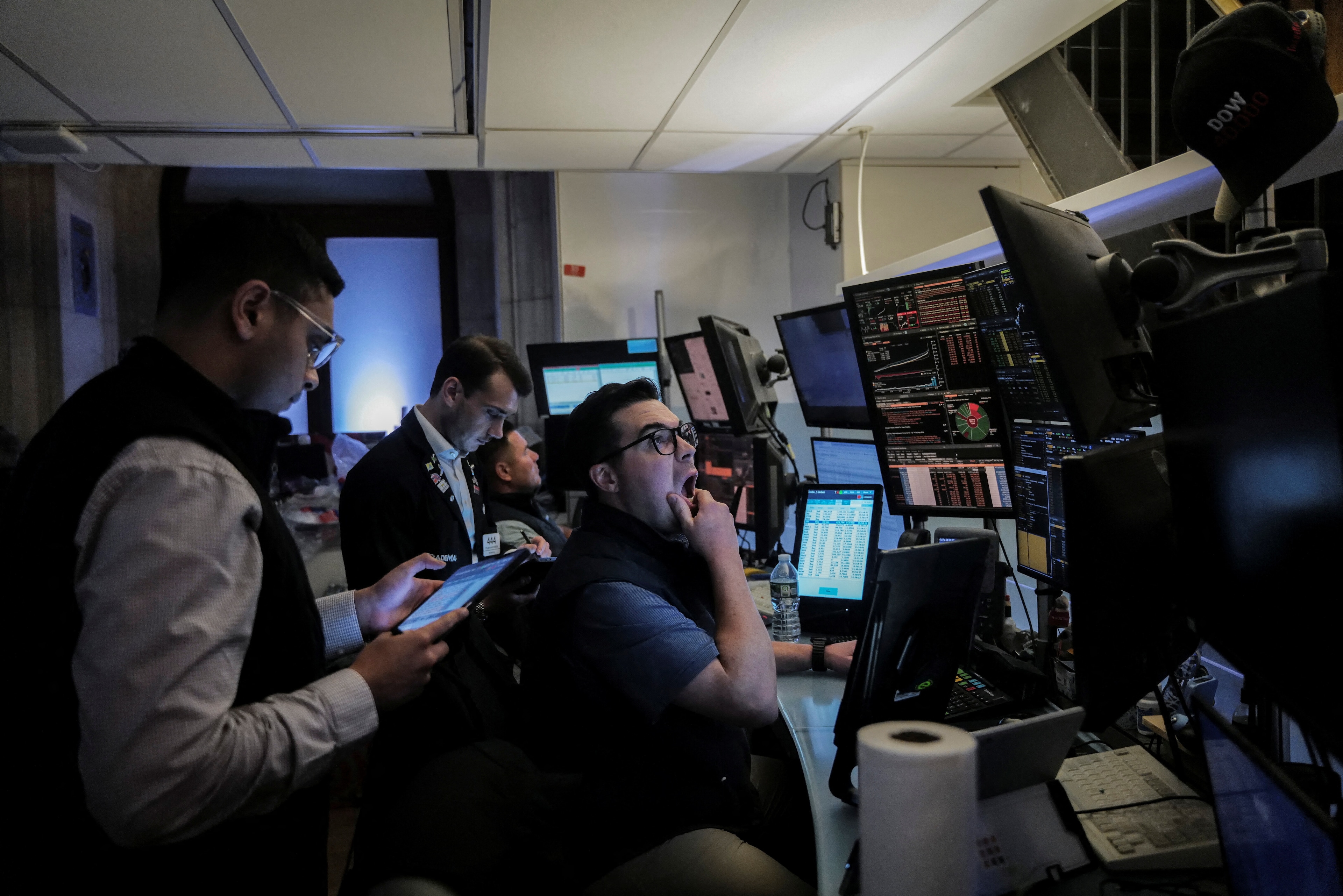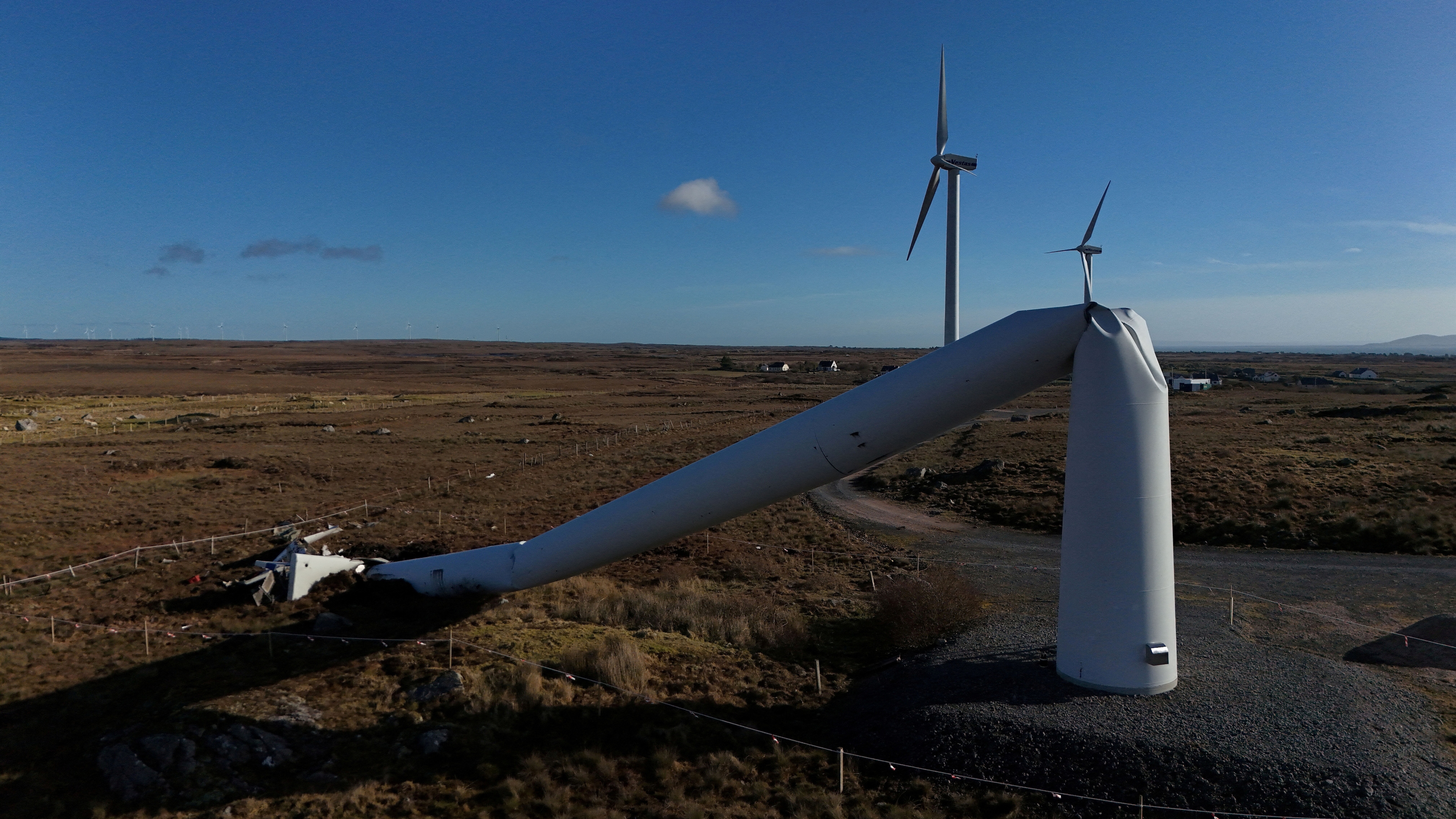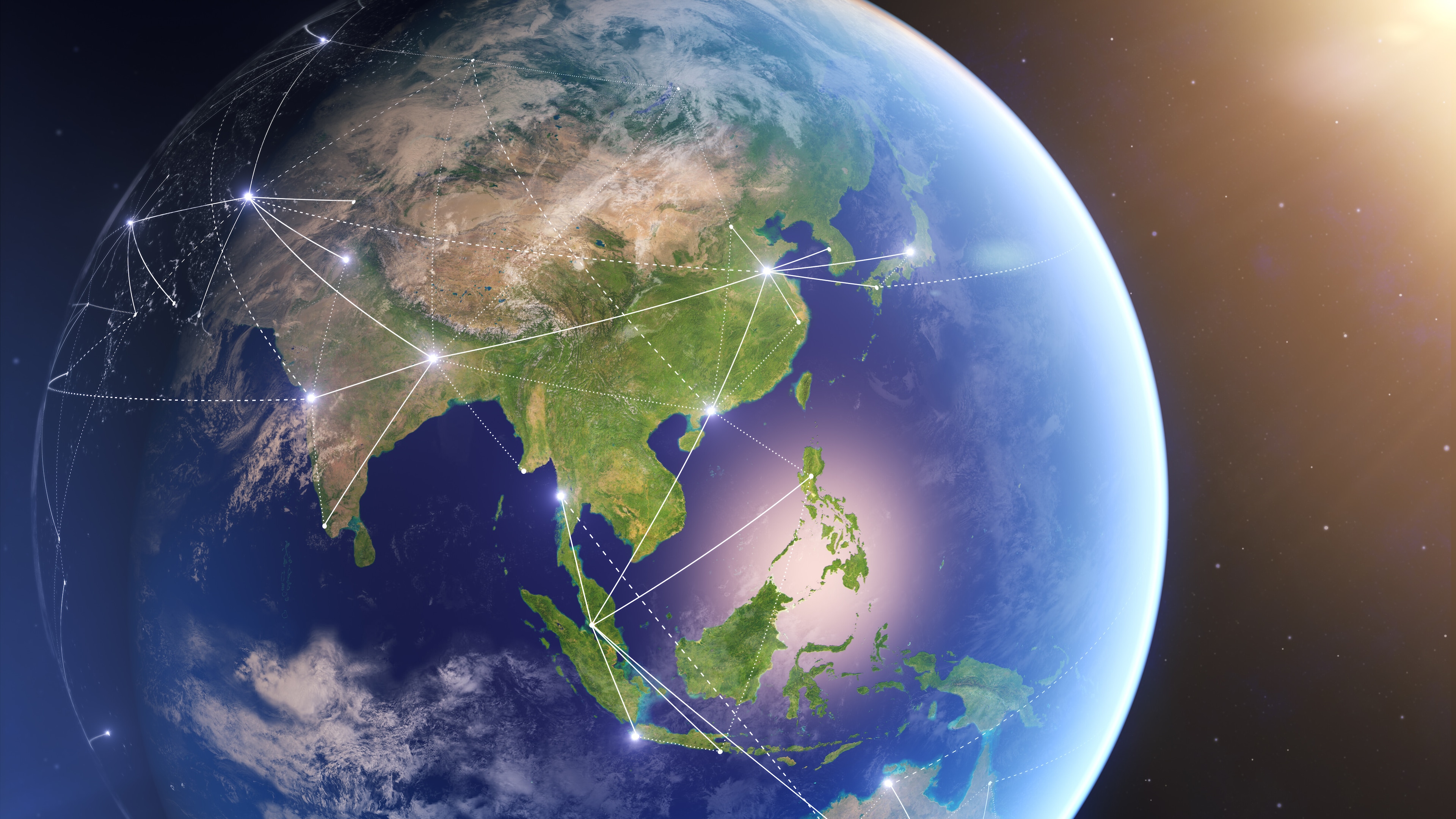Is infinite economic growth possible on a finite planet?

'Growth can be made green, even if this will require the rapid adoption of new technologies.'
Image: UNSPLASH/Anders J
Stay up to date:
The Net Zero Transition
- Many people believe that economic growth is incompatible with protecting the environment.
- However, expert in economic policy strategy, Alessio Terzi, disagrees.
- Evidence suggests that economic growth can also help the planet if it's made green through the use of new technologies.
Twenty-twenty will enter the history books as a tragic year for humanity. And yet, if it’s true that every cloud has a silver lining, last year’s could be the fact that CO2 emissions dropped at the fastest clip since World War II (-6.4%).
No mystery here. The very measures designed to contain the spread of COVID-19 brought the world economy to a grinding halt. As many non-essential businesses were closed and consumers stayed put, global GDP contracted 4.9%. Trade was down 5.3% and flight demand experienced the sharpest decline in its history (-66%). On the upside, nature started to heal after years of abuses at the hand of an industrial society. Or so it felt like. Pictures of dolphins swimming in Venice’s now clear-watered canals went viral on social media. Such images were later proved to be doctored, and soon after the most stringent COVID restrictions were lifted. Nonetheless, many were left wondering whether growing the economy and protecting the planet were not two inherently incompatible goals.
Such doubt is gaining some notable patrons. Just last month, physics Nobel laureate Giorgio Parisi chastised decision-makers for their blind devotion to GDP, seen as irreconcilable with the Paris Agreement. These words echo the reprimand of climate activist Greta Thunberg, who urged world leaders to abandon fairy tales of eternal economic growth already in 2019 and reiterated the call at COP26 in Glasgow.

The recent shortage of raw materials will further fuel the feeling that humanity is hitting some hard constraints set by a finite planet. The US CRB/BLS price index of 13 industrial commodities, including tin, copper, rubber, zinc, steel, and lead, reached an all-time high just recently. Energy and foodstuff were on a similar upward trend. The budding post-COVID recovery will inevitably take a toll.
The current predicament is not without historical precedents. In 1973, nascent environmental awareness combined with soaring energy prices led many to toy with the idea that the economy was inevitably constrained by the finite boundaries of the planet. Just a year earlier, a group of biophysicists at the Massachusetts Institute of Technology (MIT) had produced a report mapping the interactions between population, the economy, and the environment. The inevitable conclusion: halt exponential growth, or else face catastrophe. Even if oil scarcity at the time was due to geopolitical tensions in the Middle East, rather than natural constraints, MIT’s The Limits to Growth became a best-seller, with over 30 million copies sold.
In truth, economic growth does not imply ever-expanding extraction of resources from nature, nor inevitable greenhouse gas emissions. Since 1990, the European Union has slashed its CO2 emissions by a quarter, while real GDP grew by 62%. The same is true for the US. Even accounting for the fact that some polluting production was delocalised abroad, emissions abated (-13%) between 2007 and 2016, while GDP expanded by 13%.
MIT professor Andrew McAfee showed in his recent book More from Less that since the 1970s the American economy, and specifically production, has already largely decoupled (or “dematerialised”) from virtually all the 72 material resources tracked by the U.S. Geological Survey including metals, timber, cement, even when accounting for imports of raw materials.
Energy use is no different. Across OECD countries, GDP was up by 32% between 2000 and 2016, while primary energy demand went down (-1%). In a 2018 research article, University College London Professor Michael Grubb and co-authors provide an explanation. When energy prices increase, as they did during the 1970s oil crises, in the short term this leads to recessionary effects. Over the long term, however, significant energy efficiency improvements bring economies back to equilibrium. In other words, an economy is incredibly adaptable, far from the rigid mechanical relationships modelled in The Limits to Growth. When one factors in the adoption of evermore stringent environmental policies, the observed decline in energy demand and CO2 emissions should not be surprising.
What’s the World Economic Forum doing about climate change?
Halting growth is not only far from necessary to preserve the planet. It would also come with great disadvantages. For rich countries, it would imply fewer resources available to pay for healthcare and pensions, at a time when the share of the elderly population is rapidly expanding. For less wealthy nations, such option is even more far-fetched, as abandoning growth would confine many to a condition of misery, with several basic needs left unmet. Social unrest would be all but certain.
Growth can be made green, even if this will require the rapid adoption of new technologies. Crucially, this will rest on the continued pursuit of research and innovation, leveraging human ingenuity, which luckily knows no bound.
Accept our marketing cookies to access this content.
These cookies are currently disabled in your browser.
Don't miss any update on this topic
Create a free account and access your personalized content collection with our latest publications and analyses.
License and Republishing
World Economic Forum articles may be republished in accordance with the Creative Commons Attribution-NonCommercial-NoDerivatives 4.0 International Public License, and in accordance with our Terms of Use.
The views expressed in this article are those of the author alone and not the World Economic Forum.
Related topics:
Forum Stories newsletter
Bringing you weekly curated insights and analysis on the global issues that matter.
More on Economic GrowthSee all
Atul Kumar
August 12, 2025
Elizabeth Henderson and Daniel Murphy
August 8, 2025
Li Dongsheng
July 31, 2025
Charlotte Edmond
July 30, 2025
Naoko Tochibayashi
July 30, 2025
Matt Watters
July 29, 2025





